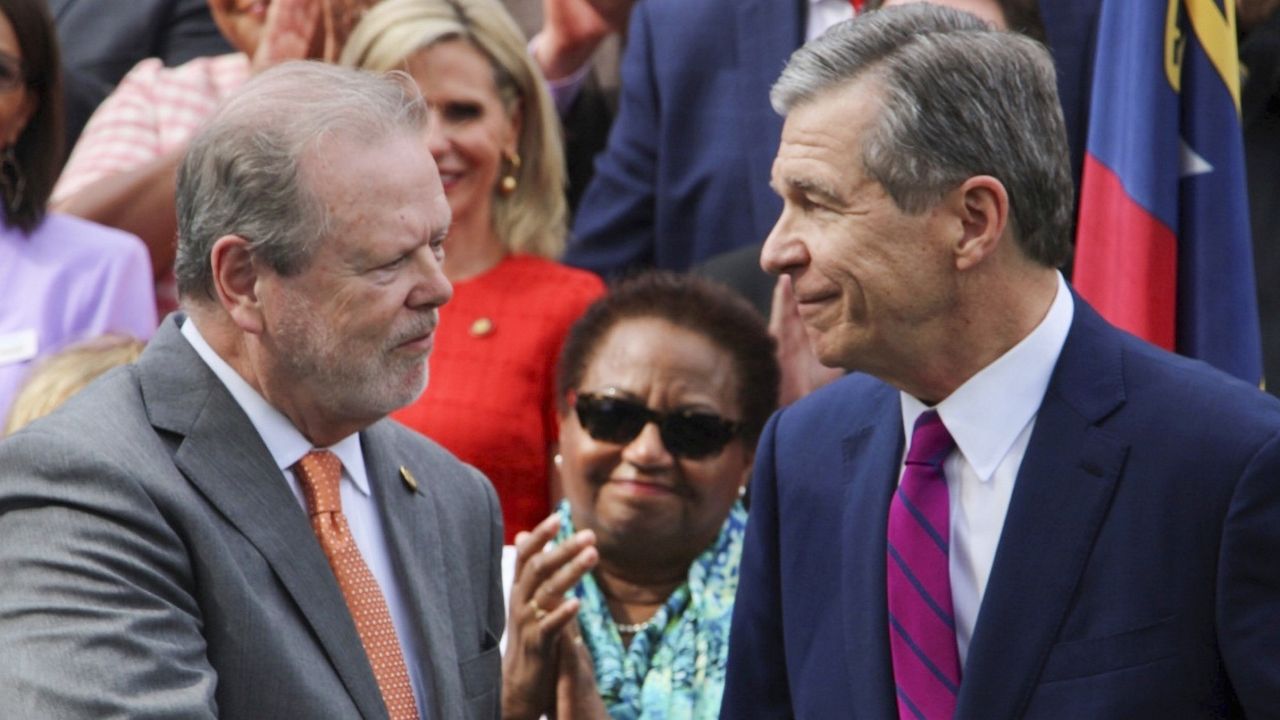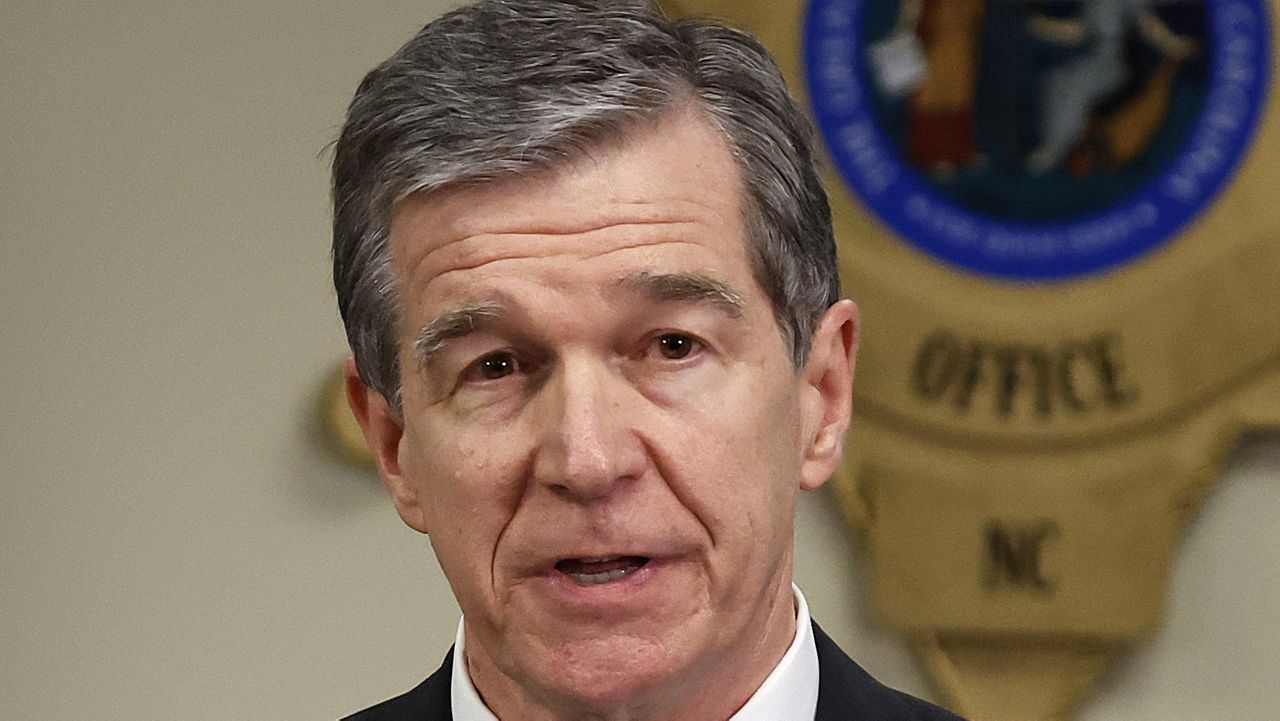WAXHAW, N.C. — Waxhaw is a bustling community, sitting right on the border between North and South Carolina, and in just the last decade, it has had a population explosion, doubling in size.
Mayor Ron Pappas says growth is in inevitable in his community, but managing that growth is key. The town is in the middle of major renovations to roads and sidewalks.
“So I'm a developer and planner as well,” Pappas said. “So, I have to look 50 years out. I have to envision what might be in 50 years and do the best job that I can."
He says this growth can be daunting, though.
“After being incorporated in 1889, I've got some pipes in the ground that I don't even know that are there,” Pappas said. “It may be a 2-inch pipe that needs to be a 10-foot pipe. There's a lot of that here, and we know when we open this up we're gonna find things.”
Now, Waxhaw is also part of a rail improvement project that will actually travel all the way to the N.C. coast. It will mean better access and safety in this community, but state leaders say its also a piece of the state economy.
“It's critical,” Jason Orthner, NCDOT rail director, said. “Intermodal rail allows us those moves to be moved, you know on a train and not in the highway, which reduces congestion in the Wilmington area, as well as all of them down our freeways, freeing up that capacity for additional goods and people.”
For North Carolina Secretary of Transportation Eric Boyette, he says with the number of infrastructure needs, rail is just one part of what keeps him up at night.
“You know, for me, it's the fact that we have so many communities with great needs,” Boyette said. “And you know, we travel across this great state, and we'll talk to our officials, our citizens about those needs, and there's that one project in every community they want.”
Right now, there is a major influx of federal dollars coming into the state to help with infrastructure needs, but from airports to deficient bridges, Boyette says he worries about funding down the road, particularly since right now the state relies heavily on gas tax dollars.
There is a major influx of federal dollars coming to help improve the state's 1,400 brides in disrepair, airports, and a long list of infrastructure needs.
“We all know at some point in time, it's not going to be as reliable for us,” Boyette said. “We've already seen it today with more hybrid vehicles, electric vehicles. You know, we're trying to plan that and look at what is you know, and there's no silver bullet.”










